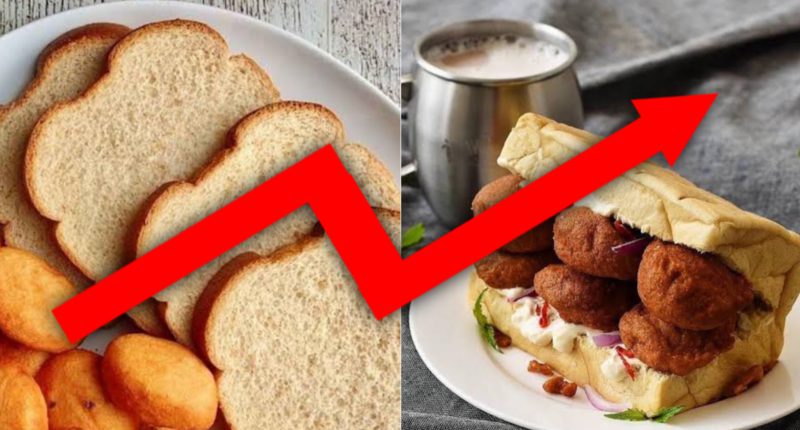In recent months and over the past four years, Nigeria’s inflation level has soared up to 17%. The highest ever in the last 20 years. The naira has also exchanged at an astonishing rate of 420 naira to a dollar officially and 745 naira unofficially and a debt profile of 42 trillion naira
This is a classic economic crisis. We are battling an economic crisis that has been made worse by a shaky currency, high debts, double digit inflation, and skyrocketing food prices. While this all sounds cliche, how does the common person understand inflation?
The man on the streets is not at terms about double digits inflation or a crumbling economy that much. But he will understand that his favorite breakfast is now out of his reach.
What’s that?
Akara and Bread is a Nigerian staple that many households use for breakfast. It is informally known as the Nigerian Burger, or A and B for short. Four years ago, a family of four would spend 250 to 300 naira on this staple for breakfast, they’d either pair it with a cup of tea or a plate of pap.
A ball of akara was 10 naira, and four of it was ok for an average adult. A sizeable loaf of bread was between 150- 200 naira. This amounted to an aggregate of 70 naira per person. Now, it’s not the same, a ball of akara is now 50 naira and even though it is bigger than the previous amount, it is nowhere near being a filling breakfast.
One person may need 3 balls to get filled and since a loaf of bread is between 300- 1000 naira, a family of four now has to spend about 600 – 1500 for breakfast. Which is almost a 100% from previous years.
Why is this happening?
Rising food prices have become a great concert. The average price of one kilogram of beans rose on a year-on-year basis by 24.17% in June 2022. The real income of the average income earner has been falling consistently and decreasing in market value and purchasing. This implies that people can now afford fewer things for their livelihood and sustenance.
Reasons we can consider
- Prices of things like electricity and fuel, which have increased, also affect the situation.
- Herder crisis which makes farmers scared to go to the farm.
- Ukraine crisis that has caused a serious breach in the global supply food chain.
- Currency depreciation means that the country pays more for imported goods, e.g. cooking oil, which then affects the whole food chain.
Any end in sight.
The government has put in place monetary policies to help stabilize the naira. But with recent floods, more needs to be done as there is also a good crisis looming in the horizon.
The coming days will tell if the price of our breakfast will reduce or still continue to increase.

